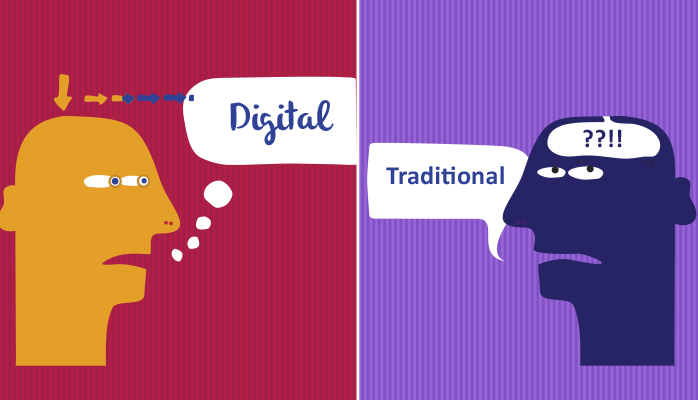
Whilst the digital world certainly isn’t about to replace face-to-face contact between physicians and medical reps (doctors still show a clear preference for this method of education), healthcare professionals are now referring to digital content more than ever before to supplement their knowledge when making decisions about drugs and disease management.
“Let’s create more content!” I hear your shout (along with the rest of the world’s industries) but before you congratulate yourself on having found the answer, the solution does not lie in publishing a wealth of informative drug content on your own website.
It’s all about trust
A study released in 2015 by researchers at Ipsos Healthcare, found that 61% of physicians are more likely to trust a general website, rather than a pharmaceutical brand’s website when researching drug information. The research also found that 66% of doctors were undecided on whether pharma should take a leading role on developing digital healthcare marketing with apps and disease management tools. The findings point to a level of suspicion in information produced by a brand with a vested interest, unsurprisingly.
Don’t give up on content generation though. It just depends on what you say, how and where you publish, and who you say it to.
Patients and physicians sharing resources
Studies reveal that patients have never had greater influence on what they want to be prescribed as they do today.
The recently published Digital Health Debate report, which surveyed hundreds of doctors from around the world, reported that almost two thirds of physicians frequently see patients who arrive to an appointment with self-diagnosis gained form internet research, while 40% see patients who request specific, named prescriptions from information they have found online.
Physicians and patients share similar preferences in their online sources too, citing Wikipedia and YouTube as the most popular (doctors spend on average three hours a week watching online video).

With 60% of patients now searching for health data online, doctors are embracing their shared interest and realising the power of digital in improving doctor-patient communication.
In fact, a third of health professionals now recommend digital resources and tech to their patients.
Of course, there is still a healthy dose of scepticism when it comes to wearables and some healthcare apps but in many cases, doctors can appreciate how they can be utilised to help patients improve lifestyle habits for better health.
This is one of the main reasons why pharma must embrance digital healthcare marketing in the Middle East. These very same health devices and applications are also showing great promise in their ability to generate a wealth of data and insight on patient health, which will help to shape the future of healthcare.
But for now, it seems that patients and physicians have immersed themselves in the digital world…so how come pharma hasn’t caught up yet?
89% of pharma lack digital skills
In their October 2015 Healthcare report, E-consultancy found that 89% of responding organizations in pharma say they suffer limitations due to a lack of marketers with sufficient digital skills, which is a shockingly high number considering the importance of digital in multichannel marketing. You can read more about Multichannel Marketing here.
In-house skills shouldn’t be holding the healthcare industry back though – not when there is so much agency talent.
2017 is the year for digital healthcare marketing in the Middle East. Make a resolution to build digital knowledge internally but use a healthcare digital agency to plug the skills gap now. Start influencing the decisions today.
![]()

